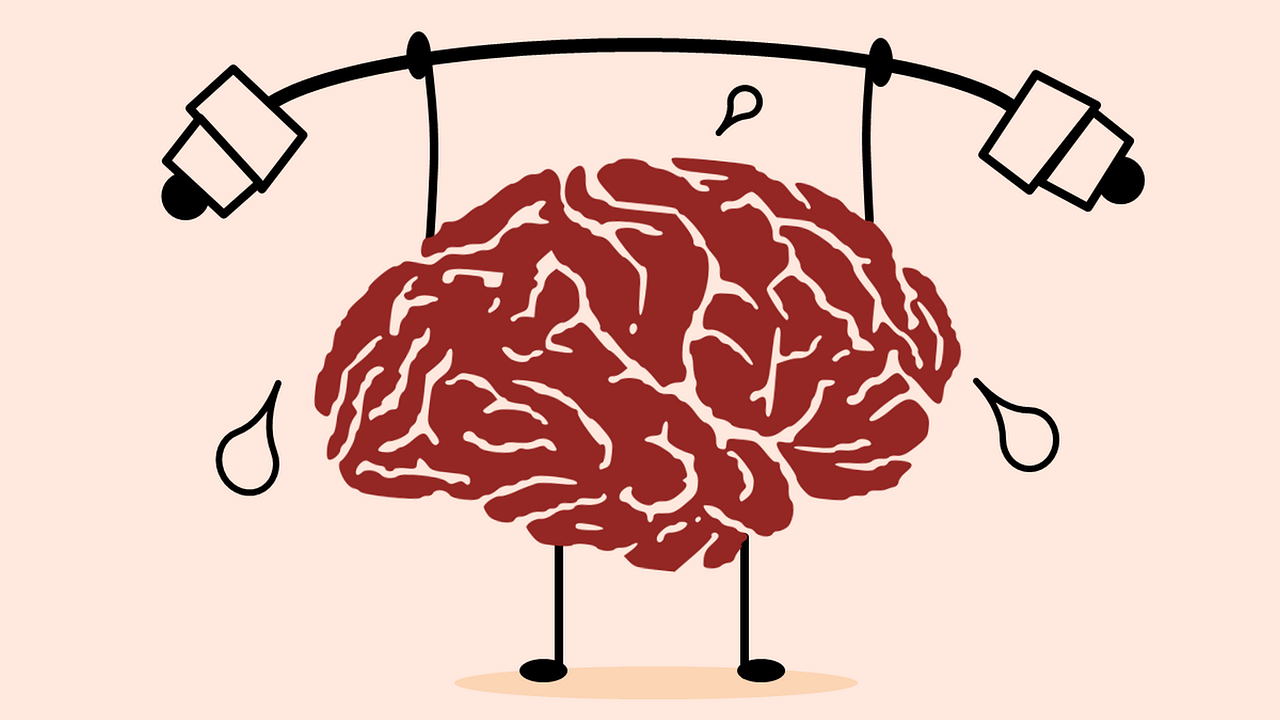
Changing the Culture around Mental Health for Ph.D. Students
Quick Summary
- A recent pilot survey revealed that about 35% of UC Davis graduate students show signs of moderate to severe anxiety and/or depression
- To help graduate students cope, some faculty and staff were recently offered "Gatekeeper Training" to help them address student mental health struggles
- The workshops are part of a larger effort to raise awareness and erase the stigma surrounding mental health
Plant Biology Graduate Group student Leonardo Jo thought his anxiety was normal, an expected part of the graduate school experience. His peers grappled with similar issues: imposter syndrome, research pressures and financial insecurity, to name a few. And they all seemed to suffer in silence at the cost of their own mental health.
“We don’t communicate about this problem,” said Jo, who studies seed development in the lab of Professor John Harada, Department of Plant Biology. “When you start dealing with the stress of academia, you start having this problem of anxiety.”
Jo toed the edge, his anxiety always a push away from spiraling into something unmanageable. How many other UC Davis graduate students felt like he did?
Intrigued, Jo conducted a pilot survey on the mental health of graduate students at UC Davis. Of the roughly 400 survey respondents, about 35 percent showed signs of moderate to severe anxiety and/or depression. Jo posted the survey’s results on Twitter and soon, responses started rolling in.
“I was pretty surprised,” he said. “We actually reached people from outside of UC Davis.”
But two of the people Jo reached inside UC Davis were Associate Professor Georgia Drakakaki, Department of Plant Sciences, and UC Davis Health Professor of Psychiatry and Behavioral Sciences Carolyn Dewa. Inspired by Jo’s research and her own experiences with Dewa’s Gatekeeper training, Drakakaki invited Dewa to offer Gatekeeper Training workshops to Plant Biology and Integrative Genetics and Genomics faculty to empower them and graduate students to raise awareness about mental health resources available on campus and erase the stigma surrounding mental health.
“A lot of students who have mental health struggles don’t always go and seek help,” said Dewa, who runs the Gatekeeper Training. “We find most of the time that it is the gatekeepers who help encourage students to receive help.”
A toolkit for mental health
In late July, faculty and staff from the Plant Biology and Integrative Genetics and Genomics graduate groups gathered on the third floor of the Plant & Environmental Sciences building for a “Gatekeeper Training” workshop focused on graduate students. According to Dewa, the session focused on reframing mental health, divorcing it from the simplistic sick-healthy dichotomy of physical health. Gauging mental health isn’t black and white, but gray. Mental health decline can be gradual and sometimes the change isn’t noticeable until it becomes illness.
“If we have coping mechanisms, we are more equipped to bounce back to that state of well-being, where everything is manageable and we’re able to handle things, but sometimes we get stuck,” said Dewa. “We’re stuck in a place where it could turn into illness if we don’t get help or learn how to manage our emotions and work our way through it.”
“Part of the training is trying to help faculty and staff recognize when a student is stuck,” she added.
When Dewa and Drakakaki were in graduate school, anxiety and depression were silent struggles.
“There was not much support,” said Dewa. “You came in, you did your work and there was only a concern about doing your work.”
Drakakaki added, “As a graduate student, I never had that type of training and so you go through all your career and you’re never formally trained for it.”
Empowering faculty and students
With the workshops, Dewa and Drakakaki hope to provide faculty and staff with the necessary tools to identify and assist students struggling with mental health issues. According to Dewa, UC Davis has offered Gatekeeper Training workshops to faculty and staff since 2017. Her team has trained around 1,100 faculty and staff.
“It’s so awesome that the college is so interested in doing this and welcoming,” said Dewa. “Georgia has really spearheaded it and has a vision.”
But more needs to be done. The two want to give graduate students the resources they need to get help without sacrificing their academics.
In the fall, Drakakaki and Dewa will roll out a five-week graduate-level course—“Tools to Be a Successful Professional and to Enhance Your Well-Being and Environment”—that will outfit students with tools to better address mental health issues.
“The course focuses on evidence-based methods and coping mechanisms and how to make a better work environment and building resilience,” said Drakakaki, who also chairs the mentoring committee in the Plant Biology Graduate Group. “The students will come to graduate school and learn all about the marvelous things of nature. At the same time, they will have this toolset to learn how to address mental health.”
The goal is to implement changes that will ripple through academia and bring new tools and awareness to deal with a pervasive problem.
“These are just our first steps that will be expanded at different levels in our university and the scientific community in general,” said Drakakaki.
“When our graduate students leave, they’re going to have that knowledge for the labs they build,” said Dewa. “We’re changing culture.”
